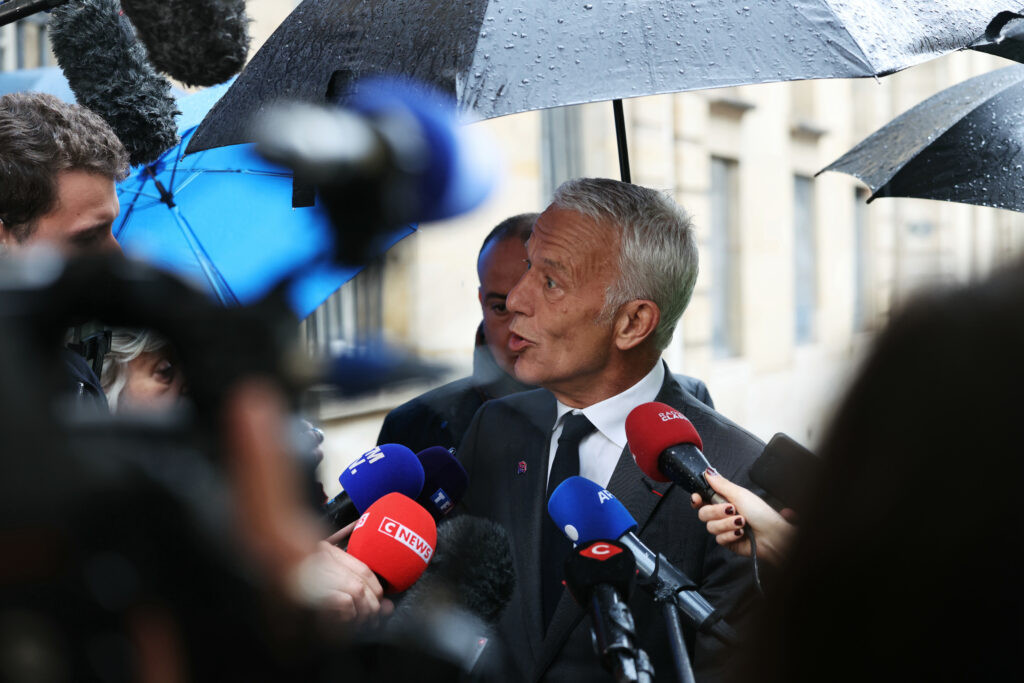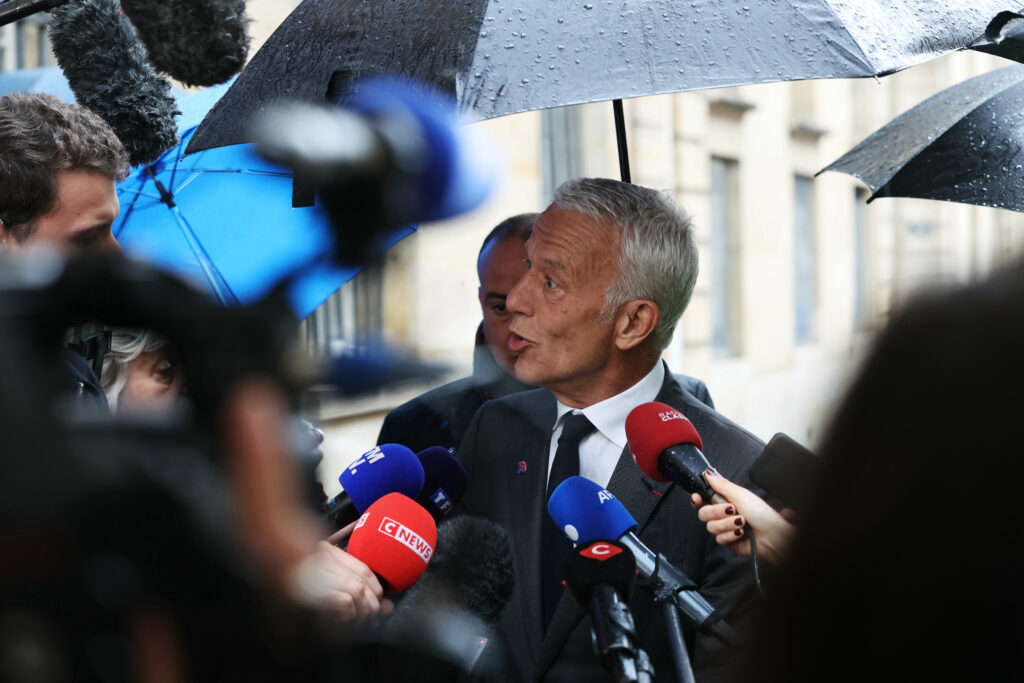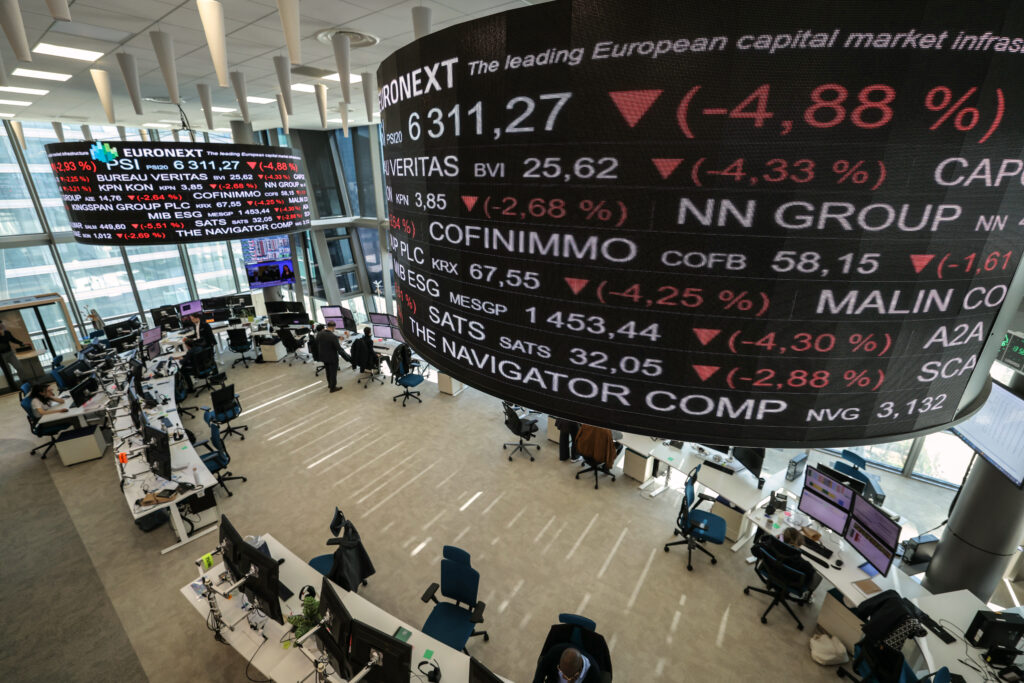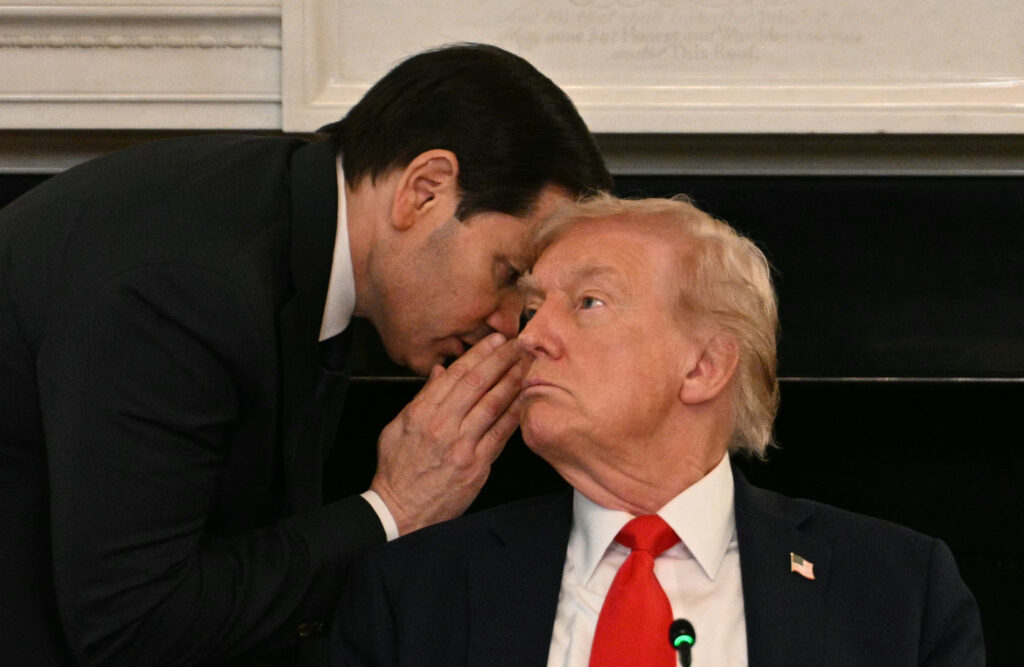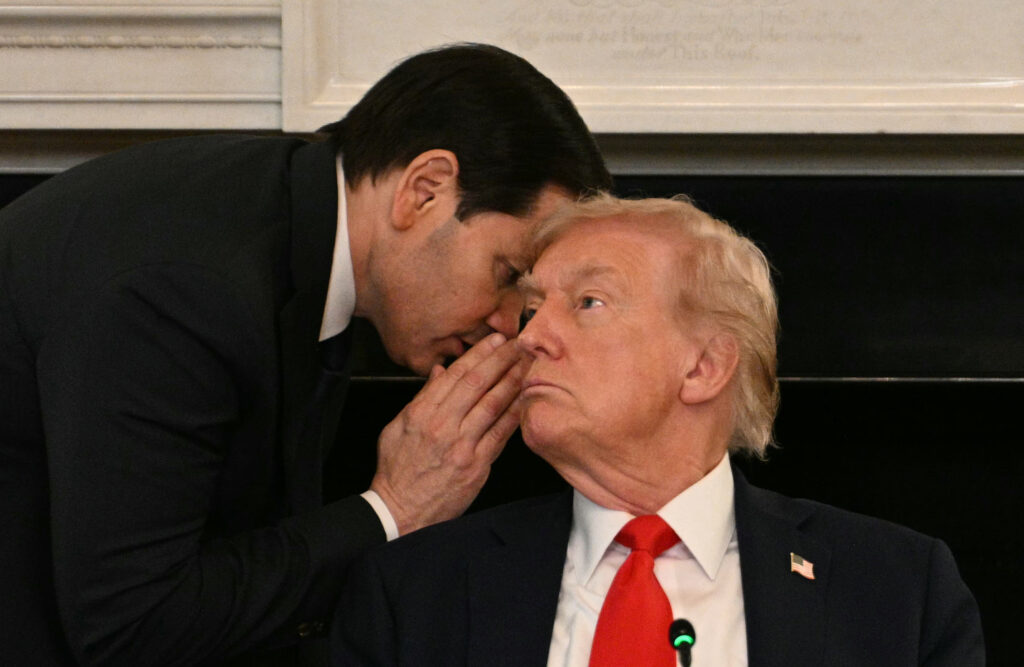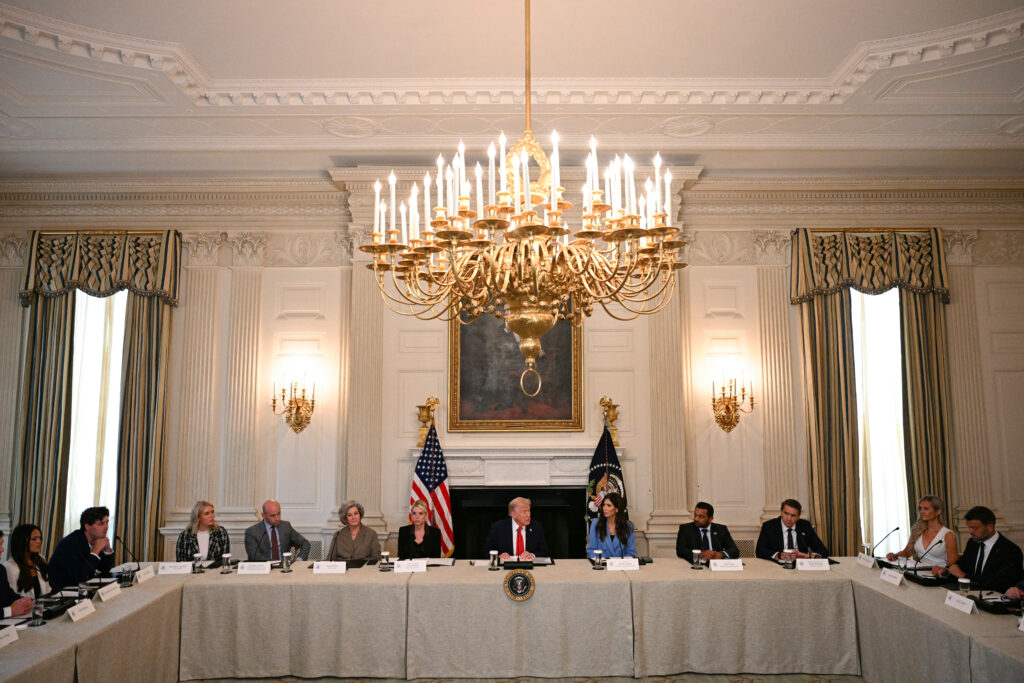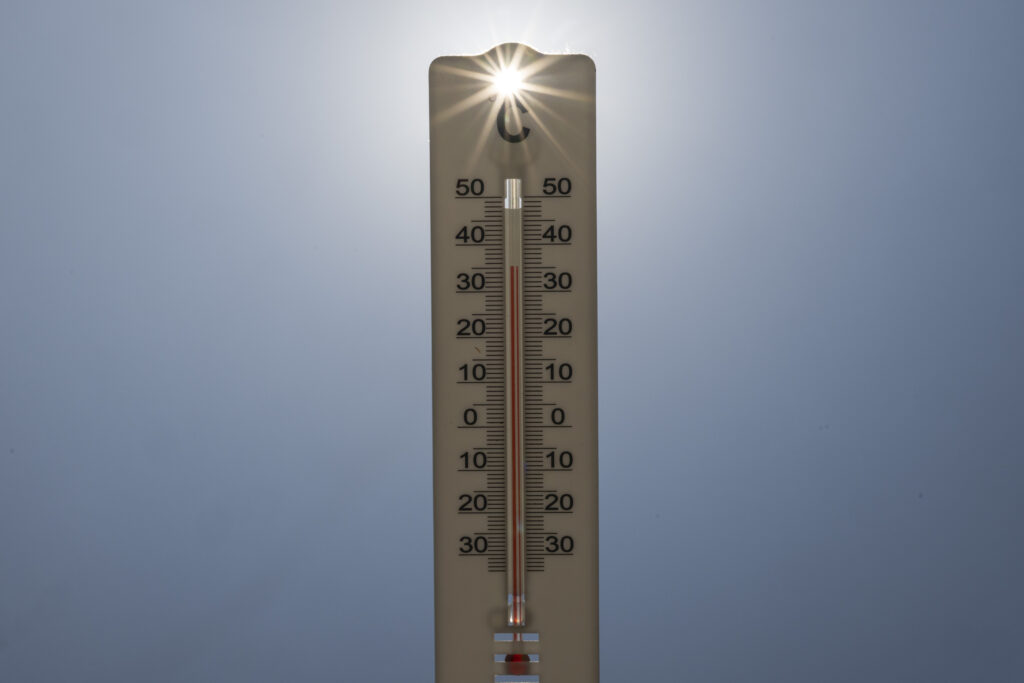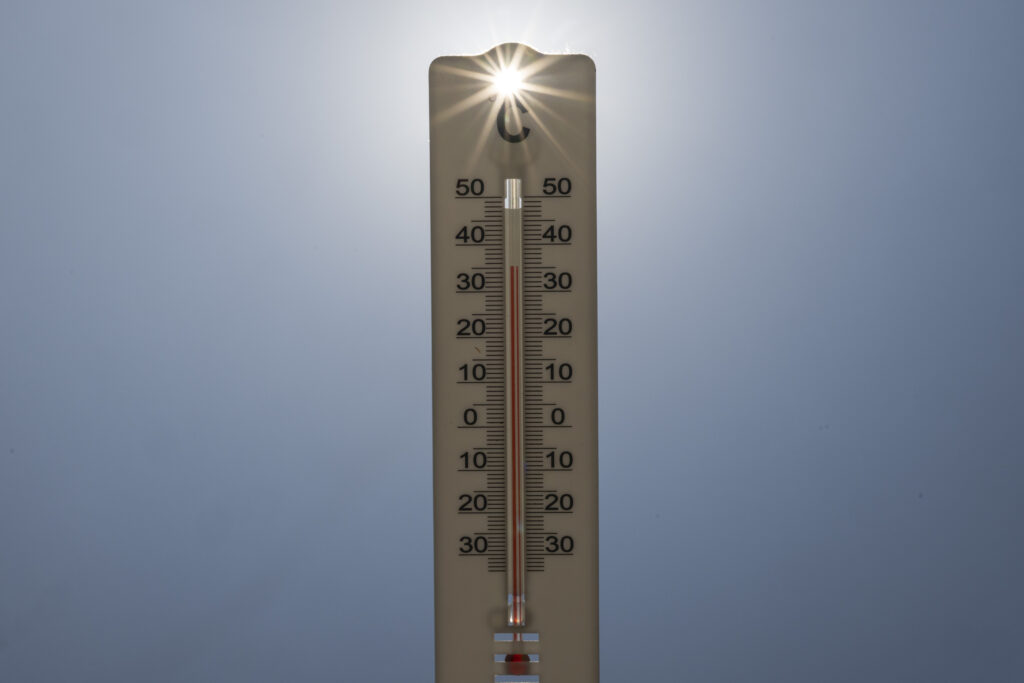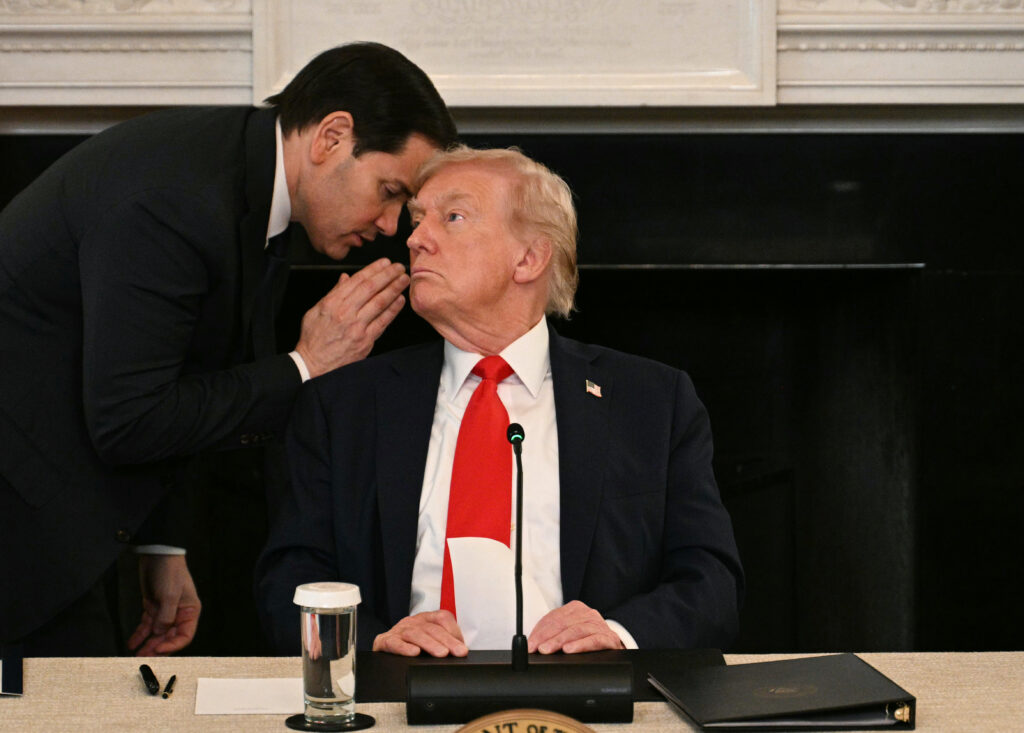Israel and Hamas on Thursday agreed a Gaza ceasefire deal to free the remaining living hostages, in a major step towards ending a war that has killed tens of thousands of people and unleashed a humanitarian catastrophe.The agreement, which follows a 20-point peace plan for Gaza announced last month by US President Donald Trump, is to be signed Thursday in Egypt, and calls for Israel to release hundreds of Palestinian prisoners. Under the deal, there will be a a surge of aid into Gaza after more than two years of war started by Hamas’s unprecedented October 2023 attack on Israel.The Israeli army said it was preparing to pull back troops in Gaza as part of the deal.Further down the line, Trump’s plan also calls for the disarmament of Hamas and for Gaza to be ruled by a transitional authority headed by the US president himself, though this point has yet to be addressed.A source within Hamas told AFP the group will exchange 20 living hostages all at the same time for nearly 2,000 Palestinian prisoners as part of the deal’s first phase, with the swap to happen within 72 hours of its implementation.The timing of the implementation would be announced on Thursday, the source said, while Trump said he believed all the hostages would “all be coming back on Monday”.- ‘Tears of joy’ -The announcement sparked waves of joy in Gaza, much of which has been flattened by bombardment and most of whose residents have been displaced at least once over the past two years.”Honestly, when I heard the news, I couldn’t hold back. Tears of joy flowed. Two years of bombing, terror, destruction, loss, humiliation, and the constant feeling that we could die at any moment,” displaced Palestinian Samer Joudeh told AFP.”Now, we finally feel like we’re getting a moment of respite.”In Khan Yunis in the south of the Gaza Strip, young people sang, danced and clapped, AFP footage showed.The deal is being thrashed out in indirect negotiations behind closed doors in a conference centre in Sharm El-Sheikh, an Egyptian resort town on the Red Sea.There was none of the pomp around the talks of previous deals agreed in Egypt, in a possible signal that the deeper issues in the Israeli-Palestinian conflict are not being addressed.Qatar said the deal was the “first phase of the Gaza ceasefire agreement, which will lead to ending the war, the release of Israeli hostages and Palestinian prisoners, and the entry of aid”.The hostages are to be freed in exchange for 250 Palestinians sentenced to life imprisonment and 1,700 others arrested by Israel since the war began, added the source within Hamas.- ‘With God’s help’ -Israeli Prime Minister Benjamin Netanyahu said he would bring the hostages home “with God’s help”, and an official source added the premier’s cabinet would meet Thursday to approve the deal.Trump said earlier that he may travel to the Middle East this week as a deal was “very close”.The fast-paced developments came after AFP journalists saw US Secretary of State Marco Rubio interrupt an event at the White House on Wednesday and hand Trump an urgent note about the progress of the negotiations in Egypt.”I may go there sometime toward the end of the week, maybe on Sunday,” Trump said, adding that he was “most likely” to turn up in Egypt but would also consider going to Gaza.Hamas has submitted a list of Palestinian prisoners it wants released from Israeli jails in the first phase of the truce.In exchange, Hamas is to free the remaining 47 hostages, both alive and dead, who were seized in October 2023.In Egypt, the talks were taking place under the shadow of the second anniversary of the Hamas attack, which resulted in the deaths of 1,219 people, mostly civilians, according to an AFP tally based on official Israeli figures.Militants also took 251 people hostage into Gaza, where 47 remain, including 25 the Israeli military says are dead.Israel’s retaliatory campaign in Gaza has killed at least 67,183 people, according to the health ministry in the Hamas-run territory, figures the United Nations considers credible.The data does not distinguish between civilians and combatants but indicates that more than half of the dead are women and children.Gaza’s civil defence agency, a rescue force operating under Hamas’s authority, reported several strikes on the territory after the announcement of the deal.- Protests, prisoners -Global pressure to end the war has escalated, with a UN-declared famine unfolding in Gaza and Israeli hostage families longing for their loved ones’ return.Protests have erupted in countries around the globe in recent weeks, and a UN probe last month accused Israel of genocide, a charge the government rejected as “distorted and false”.Hamas has also been accused of committing war crimes and crimes against humanity.One key to the negotiations was the names of the Palestinian prisoners Hamas pushed for.High-profile inmate Marwan Barghouti — from Hamas’s rival, the Fatah movement — is among those the group wanted to see released, according to Egyptian state-linked media. Hamas’s top negotiator, Khalil al-Hayya, also said the Islamist group wants “guarantees from President Trump and the sponsor countries that the war will end once and for all”.burs-dk/jm/hmn/ser
